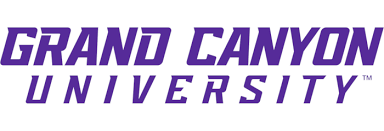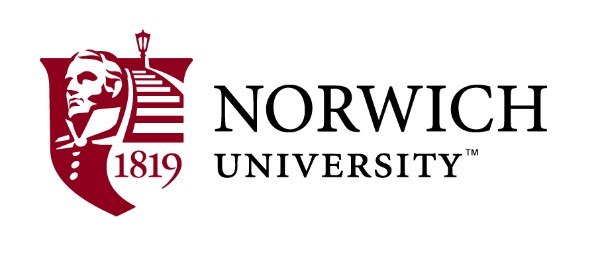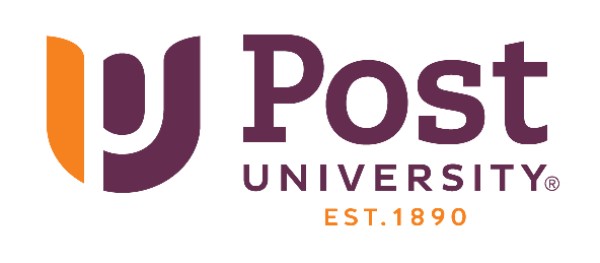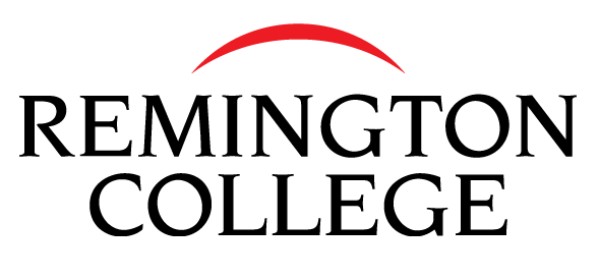Find your college in a few easy steps
Newest Articles and Resources
What can you do with a Teaching and Education Degree?
What can you do with a
Teaching and Education Degree?
While wondering why you should pick teaching or education as
your majors, something else may also occur to you. What can you do with a
degree in those fields? Do they pay? What about if you don't want to teach? Will
there be opportunities to let you change your line of work mid-career? Or late
in the career?
To answer your questions, we will begin by saying that you
come away with much more than a degree. Being related to these twin fields
rewards you with valuable transferable skills as well. You can use those
talents to build a new career in many of the following fields:
Education Administration
There are other roles within the school system that you may
play other than a teacher with your degree. One obvious choice is becoming a
part of its leadership. As an education administrator, you could be shaping school
goals and policies, representing it within the community, be involved in
resource allocation, etc. Potentially, you will have a say in many of the
important issues concerning the school. To become an administrator, you will
need a master's degree – in most cases – and maybe, advanced licensure too.
You could qualify for the following positions:
·
Principal
·
Assistant principal
·
School district administrator
·
Superintendent
Librarian
Besides the school library, a librarian is also present at
public, law, academic, business, and medical libraries. Moreover, school media
centers also require librarians. As one, you won't just be issuing books to
visitors. You will also be in charge of the selection of materials – electronic
and print – that will be part of the library you oversee. Additionally, you
will be responsible for how you arrange those resources and their use.
You may choose to work in a school library, but if you don't
want to do that, you have other options. While the public libraries have a bad
rep, you can still select law, business, or medical librarianship.
Writer
This is an umbrella term that could be about any profession
from authors to technical writers. It may not surprise you that many former
teachers excel at writing and thus, make great writers. If you have hung up
your teaching robes for good, you may want to consider becoming one.
There a high probability that you will find the profession
suits you. You will also find there is much demand for writers. You could choose
to become a part of the publishing industry and work with textbook publishers
too. Or, you could write for the entertainment industry. Other choices include
fulfilling the writing needs of a business or a nonprofit organization. That
would mean drawing up technically sound documents, proposals, grant
applications, and marketing write-ups.
When you choose this profession, you can also opt to
freelance. As you already know, with freelancing come many advantages, such as
working on your own schedule, from remote locations, and only taking projects
that interest you. The job pays too! As a technical writer, you might earn
between $71,850 and $114,930 – and even
more, as your experience increases. Authors earn anywhere between $62,170 and $121,670.
Museum Educator
Museums are more than exhibits. They are an immersive
experience that were present much earlier than when the digital world made its
appearance. If you have ever visited one, you already know how the management
may design special programs for its visitors. Those programs provide the
context for the items on display.
Why not choose to be a museum educator? Your
responsibilities will then include designing regular tours, preparing for field
trip programs, and planning something special on weekends, historical
anniversaries, etc.
As a teacher, you most likely are used to planning lessons
and developing parts of curricula. You're no stranger to presenting ideas to
large audiences or making them approach an issue from a new angle. Designing
programs for a museum will require you to draw on those skills. You might even
enjoy delving deeper into the past events and other cultures!
Instructional Technology Specialist
The American classroom of today isn't what it used to be in
the previous century. Students have advanced gadgets at home that they use
regularly. Therefore, holding their attention for longer than a few minutes
requires the use of technology. An Instructional Technology Specialist or ITS is
an expert who facilitates the acquiring of such technology. They are also
responsible for its quick and effective integration into the school curriculum.
Sure, you can teach with a degree in education or teaching.
But that isn't all they are good for. There is so much more you can do even
after you have left working in the classroom for good. You may choose to stick
to the field of education. But you can also enter a vastly different field if that
is what you want. Your degree just holds the door open for you! Need even more
alternative career options? Talk to us!








